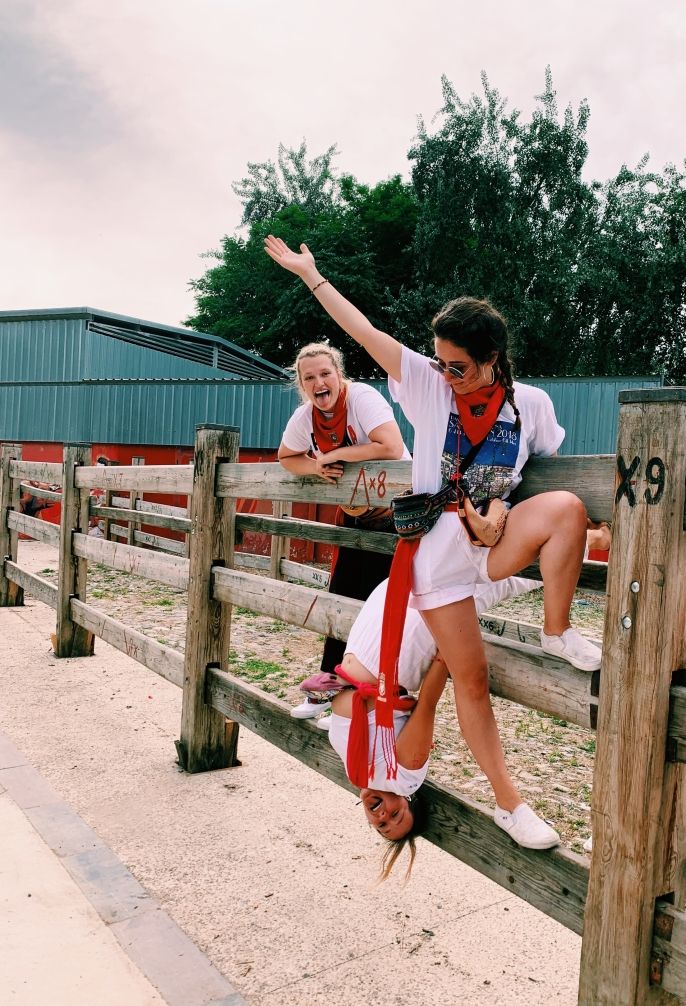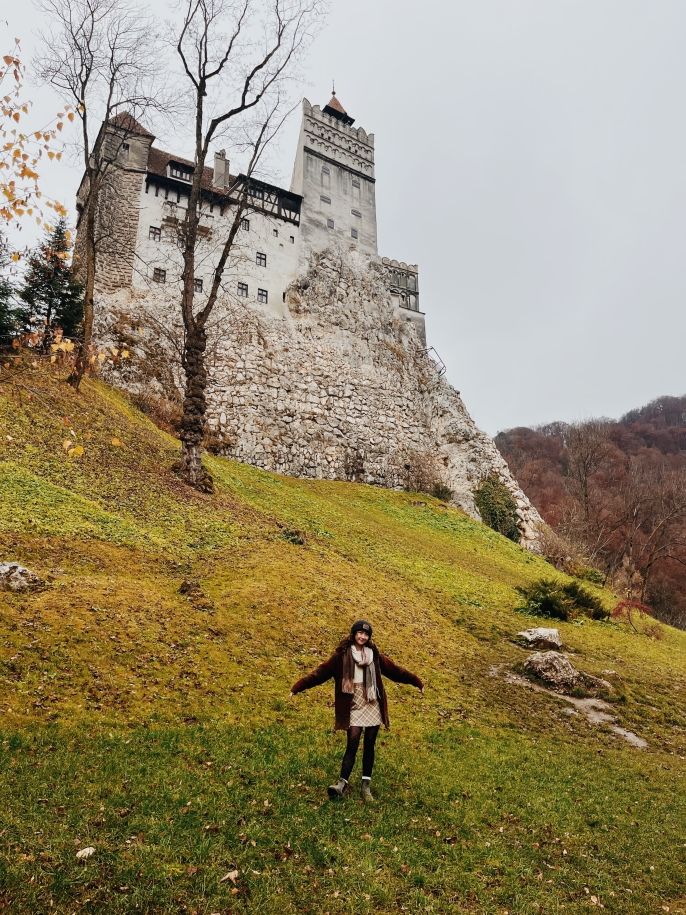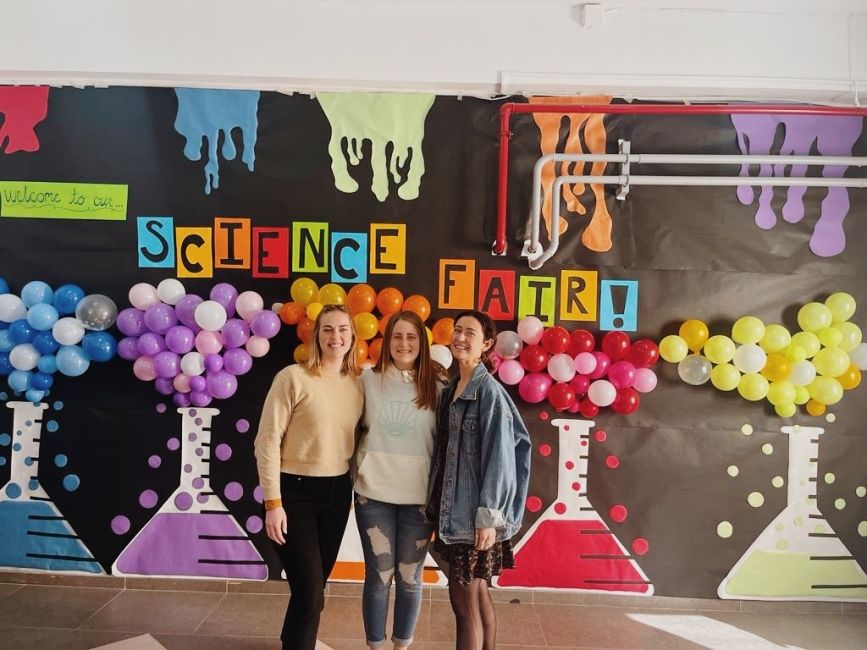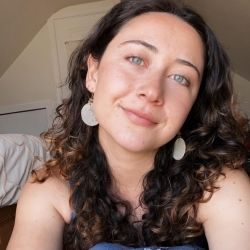Is Teaching Abroad a Study Abroad 2.0?
It’s the summer of 2019. I am sitting on my bed in Bilbao, Spain, drudging through an assignment to be completed for my study abroad course. Naturally, I get distracted and scroll through my phone, where I find a meme that will change my life. It’s a poorly drawn picture of a shark in a fish bowl, looking small and meek, next to an image of a great white shark in the ocean, looking powerful and bold. The caption reads “you only grow to the size of your environment”. Yes, I think. Sensational. Inspirational. I sit with the feeling of being the most enlightened 19-year-old on the planet for a moment before deciding that I need to return to Spain and continue my path to self-discovery. I need a Study Abroad 2.0. I put off my assignment further by looking into ways to return to Europe for more travel and adventures post-graduation. And there I find it: CIEE Teach Abroad Spain, Fall 2 Semesters 2020. Bingo.
Obviously, this is not how things panned out for me. The COVID pandemic delayed my path to self-discovery by two years. That gave me two years to dream about what this experience would be like, and dream about the person I would become. When I arrived in Madrid and began my life here, I couldn’t shake the feeling of disappointment. Why? I discovered that teaching abroad is not Study Abroad 2.0, at least in my case. Once I was able to recognize that these experiences are indeed two separate entities, that feeling of disappointment subsided and I am now very satisfied with my life in Madrid, and grateful for the ways this experience has challenged me. For those who are looking for a Study Abroad 2.0 like I was, here are three differences to be aware of.
Finances and Travel:
Despite receiving 1,000 euros a month I somehow still feel more broke than I was in Bilbao, where I had no income. I am paying rent, a phone bill, a monthly metro pass, groceries, and lots of additional expenses that I didn’t anticipate. In Bilbao, I was living on scholarship money and my savings. It was a much shorter timeframe, so I didn’t have to be as frugal. I knew that in a few months I’d be back home and have a place to live at school and could cover my losses. Here, if I blow through all of my money, I die (not exactly, but that’s what it often feels like).
I have traveled much more than I did when I was in Bilbao, but perhaps less frequently. I was only there for one summer, so I tried to cram in as many trips and life experiences as I could. Here, I have to go at a slower pace. If I travel every weekend like I want to, I quite simply run out of money and have to live off of the school snack and ramen for the last two weeks of the month.
Friendships:
This part is personal and will obviously vary person-to-person. When I studied in Bilbao, my group of classmates became friends seemingly instantaneously. Sure, we had our fair share of drama and cliques, but we were all in the same situation, which bonded us quickly. We were thrown into an environment that fosters friendships. We saw each other everyday in class. The school took us on field trips. There was an infrastructure that fostered friendships amongst our group. We’d go out as group on the weekends, hang out after school, go to the beach as a group. Eat, sleep, breath as a group.
This was the type of atmosphere I envisioned when I came to teach in Madrid. Is it what I got? Absolutely not. In general, I think it’s fair to say that it becomes harder to make friendships as you become older - especially after leaving college. My standards for friendships have raised a lot. In college, I felt like I could become friends with anybody if I was given the chance. Now, I feel like I can learn to like almost anybody, but friendship is a whole other ballgame. The friendships I seek out are deep, consistent friendships that are hard to find, but worth the search. There is not the same infrastructure for friendship making here, in all honesty. You have to be intentional with how you spend your time, and how you cultivate friendships.
Responsibilities:
In typical study abroad fashion, I was not in Bilbao so much as to study as I was to just be abroad. My responsibilities included: drink water, eat food, sleep (sometimes), go to class (maybe?). And that was it. I was the epitome of “here for a good time, not a long time”. Teaching is a completely different story because, again (you may be sensing a theme here), it’s real life. I have financial obligations here. I’m in a role that makes an impact on the lives of children. I am here to provide a safe and encouraging environment for young learners, and I take this responsibility seriously. While I feel honored to have those responsibilities, it certainly was a whole lot easier when I was the only student I was looking out for.
In short, teaching feels more like a real-life scenario. My study abroad experience was real and had its challenges too, but I was living in a bubble. I was a very different person than I am now. Twenty-three-year-old Chloe has been out of college for two years and will be hungover for a whole weekend if I have more than two drinks. Nineteen-year-old Chloe made the decision to study in Bilbao because of it’s proximity to the ocean. We are two separate people living the same life. My experience teaching has had its glamorous moments, but it’s much more real and raw than studying abroad.
I don’t write this to discourage anybody who is looking for their Study Abroad 2.0. Quite the opposite. I wouldn’t trade my experience for anything because it’s been challenging. It’s a rare opportunity for growth and reflection, and I am grateful for every moment. While studying abroad taught me about the world, teaching abroad has taught me about myself.
Until next time,
Chloe
Related Posts
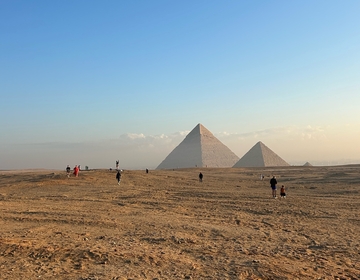
Who Runs the World? Pharaohs.
Running the Pyramids Half Marathon in Cairo, Egypt Egypt and a half marathon? Let’s run it back—literally. I had the opportunity to travel to Cairo, Egypt, to run the annual... keep reading
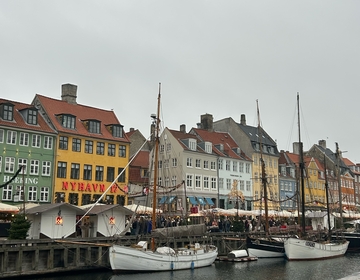
Copenhagen Cosplays the North Pole
A Winter Weekend Guide If you’re searching for the perfect winter weekend getaway while studying abroad, Copenhagen deserves a spot at the top of your list. While the city is... keep reading
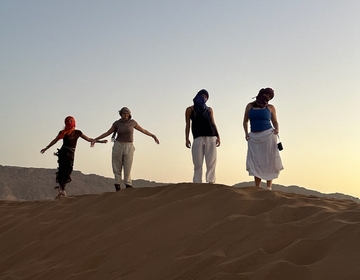
Let’s Moroccan Roll
A 4-Day Morocco Getaway from Madrid Morocco has become an increasingly popular destination for students studying and working abroad, and after spending four days there, it’s easy to see why... keep reading
